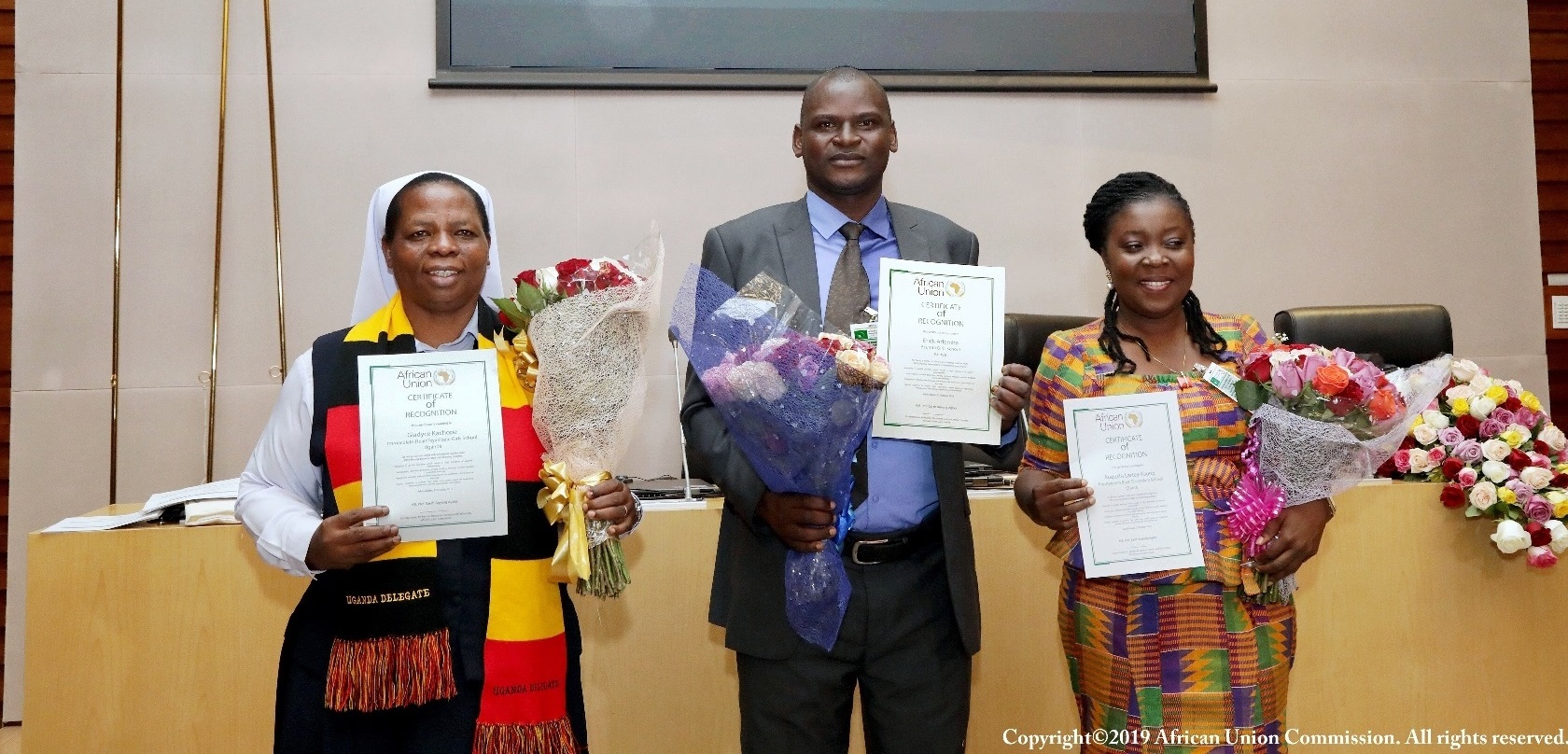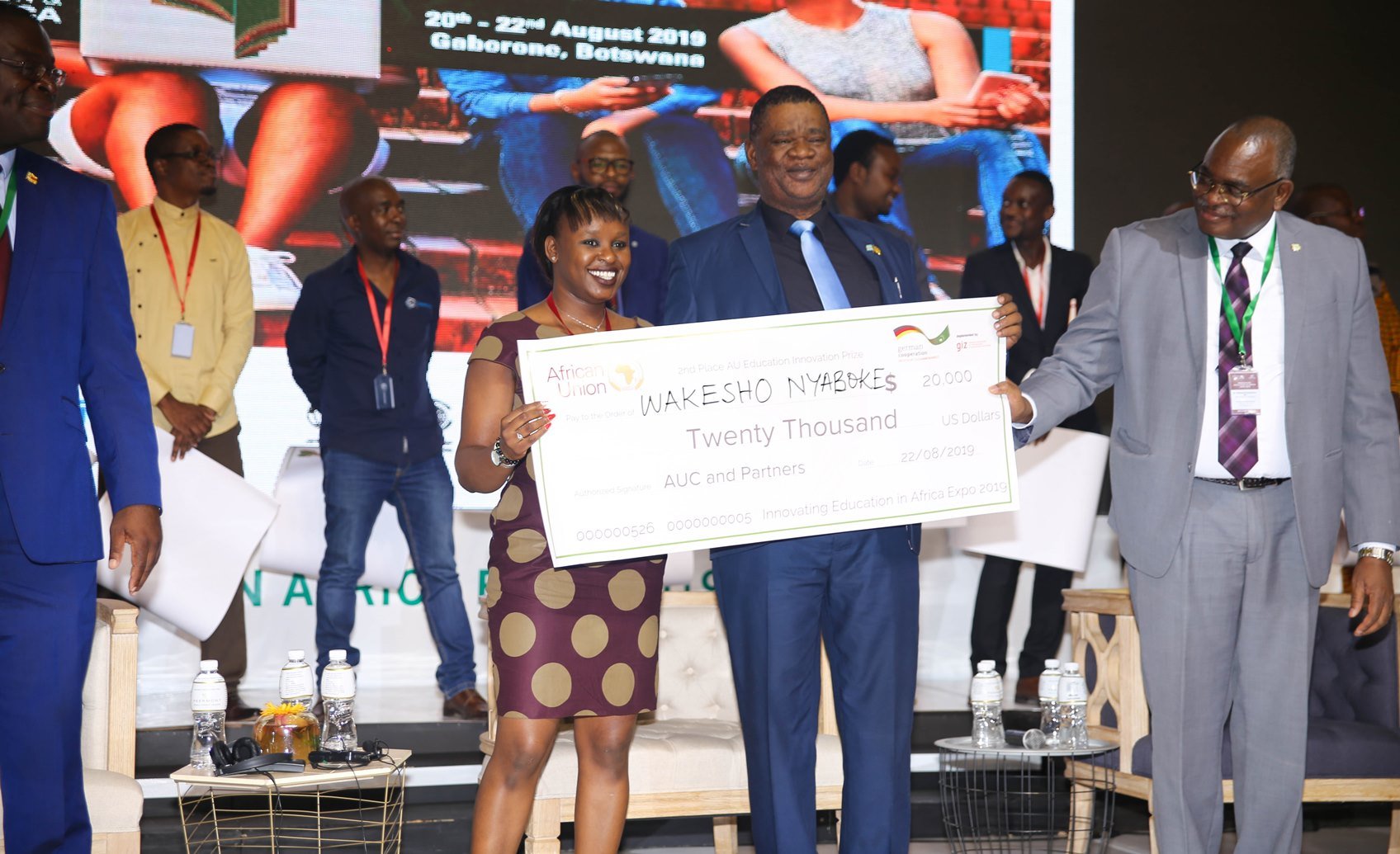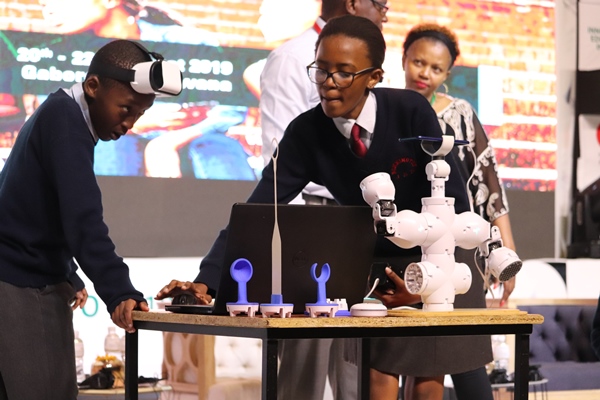Title of Innovation: Immersive education
Year of implementation: 2017
Website: www.afriedx.org
Implemented by: AfriEdx
Country/Countries where the Innovation is being implemented: Côte d'Ivoire, Mauritius, South Africa
Problem being solved
One in Five Children, Adolescents and Youth is Out of School (UNESCO). VirtuaL REALITY has the potential to make learning more interesting and dynamic. VR can be leveraged to enhance pupils’ engagement in the learning process, thereby contribute to contain and eventually reduce the dropout rate. Students will acquire knowledge in a participatory manner, instead of passively. VR is already well-known and highly exploited in the entertainment industry. We are persuaded that VR has a huge potential in education. It will not replace existing educational methods or systems but it will be a powerful complementary pedagogical tool.
Description of innovation
As humans, we have always used visually-based means to help us remember things. VR is the next logical step in the evolution of visual learning. According to the “Cone of Learning”, developed by the National Training Laboratory, most students only remember about 10% of what they read from textbooks.
However, they retain nearly 90% of what they learn through teaching others. Virtual Reality is the medium that can enhance learning by making it more memorable. For example, Nqileni Village, the home of the Bulungula Incubator, is so remotely located that students are not exposed to the wider world. Now, Virtual Reality is giving the children the opportunity to explore the world and “travel” for the very first time in their life. VR is a great tool to teach geography, to mention but one instance. Students might have difficulties grasping the concept of a volcano looking at 2D photographs in school textbooks. They might not be able to grasp what the teacher is talking about, especially if they live in a country where volcanic eruptions are unknown. VR is a fantastic way to “immerse” students in the eruption of a volcano. By using VR students can improve their learning capabilities as well as their grades.
Please watch this video for more information: https://youtu.be/ZRWe3f-8bnc. In places, where internet access is very limited, our proposed solution enables teachers to use the offline mode.
And the introduction of Google Expeditions by AfriEDX at Père Laval School, St Croix, Mauritius.
https://www.youtube.com/watch?v=T1pCp7hS2_4
Outcomes and Impact
Through Google Expedition, we are have the merit of circumventing one of the major weaknesses of VR in the context of its utilization by children. Normally, the user is the only master in control of the VR headsets. Thus, as parents, we cannot always know what our children are watching. Given the nature of the internet, it is a wide-open door to risky, if not flatly undesirable, experiences. However, Google Expeditions offers us the means, ability including the safety to channel the user to the purpose of use and to have control over both contents and duration of viewing.
That’s a big difference!
Potential to be scaled and replicated
- There is a strong training component to the project. Teachers are trained to contribute in the creation of VR educational contents using online collaboration tools that can be shared with other schools. The pedagogical model is reproducible and applicable over a long time.
- The forthcoming Virtual Reality (VR) Demystified book that I’m writing focuses on Virtual Reality (VR) in education. Please visit www.demyztified.com for more details.
- To sustain the projects, we are organising workshops for schools, teachers, lecturers, universities, students etc. Please watch our recent workshop: https://www.youtube.com/watch?v=i6n8BPrNPKQ

















